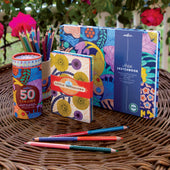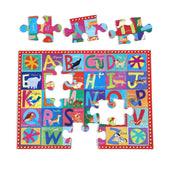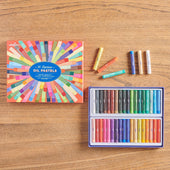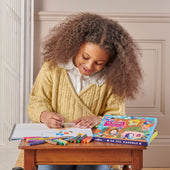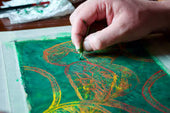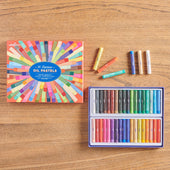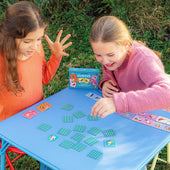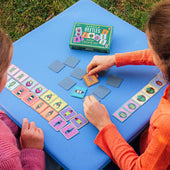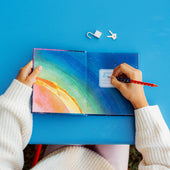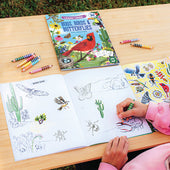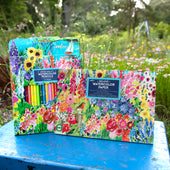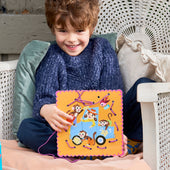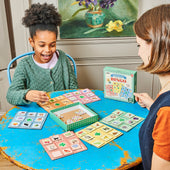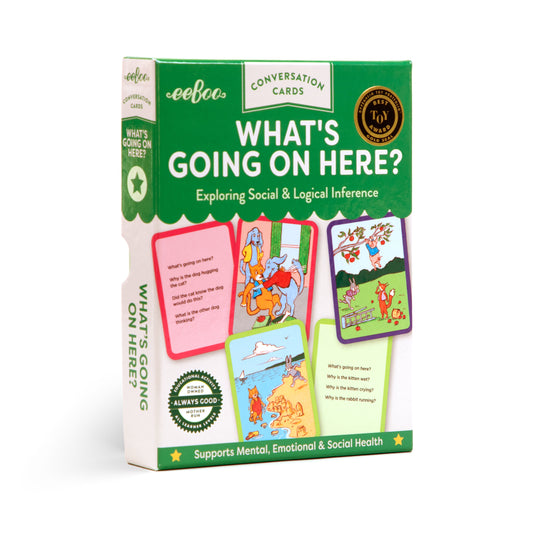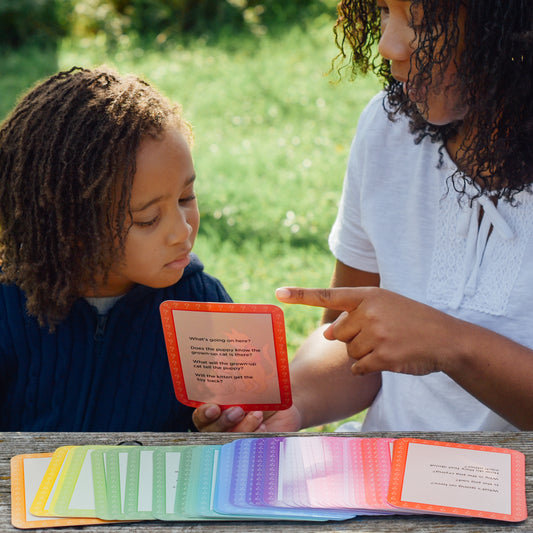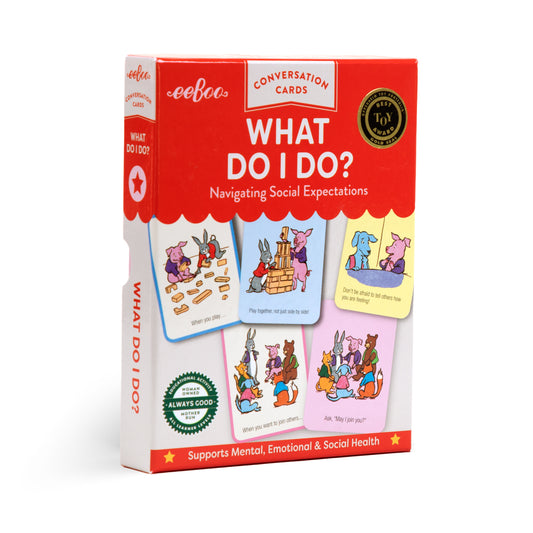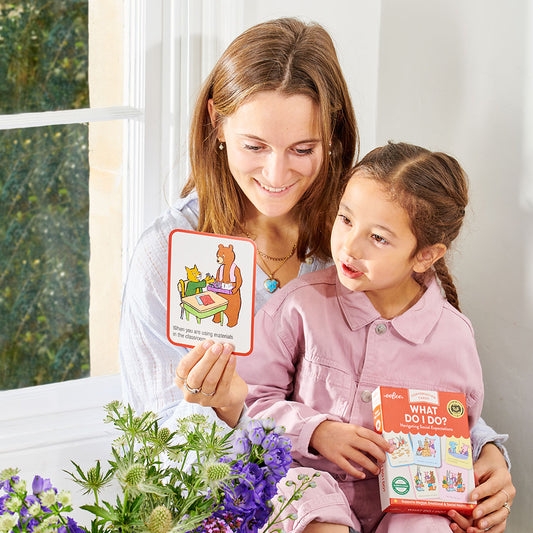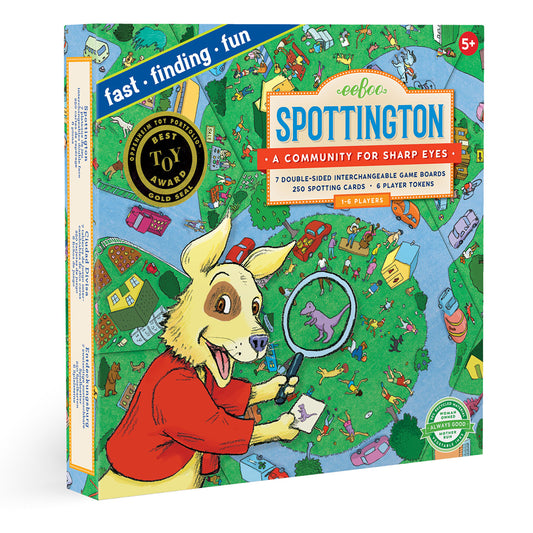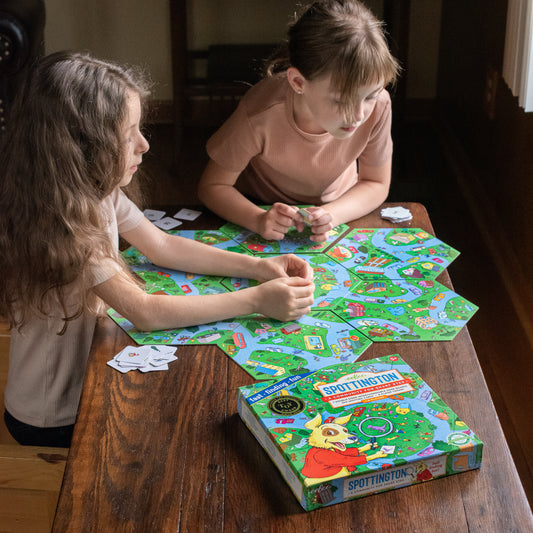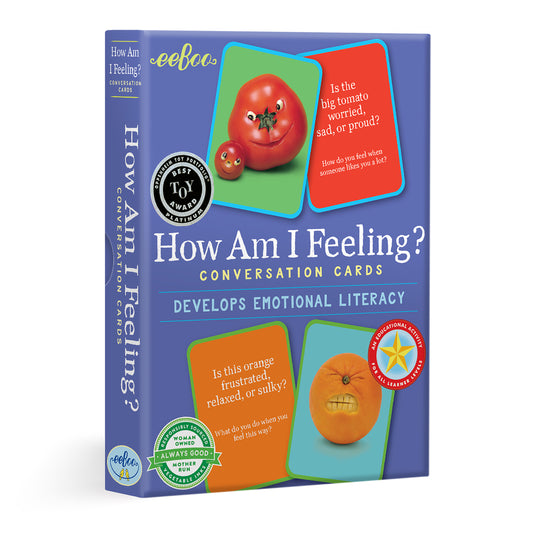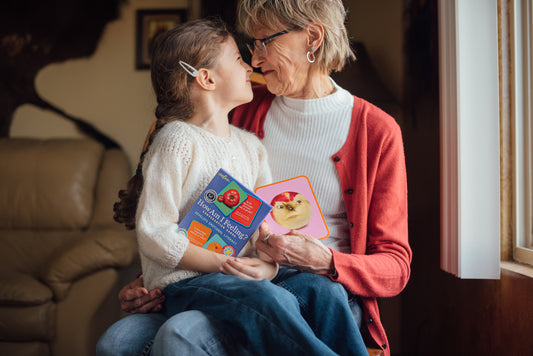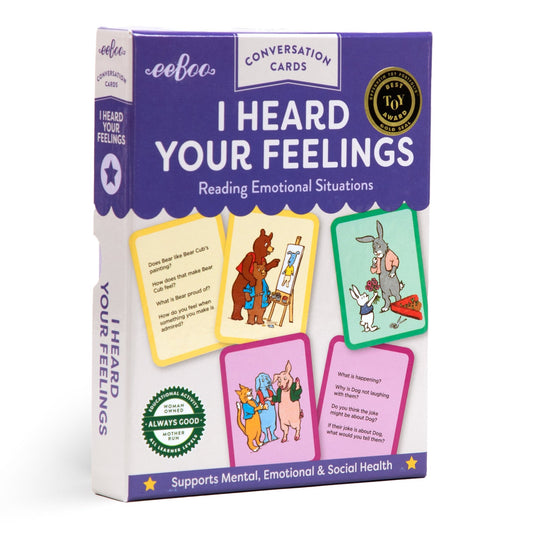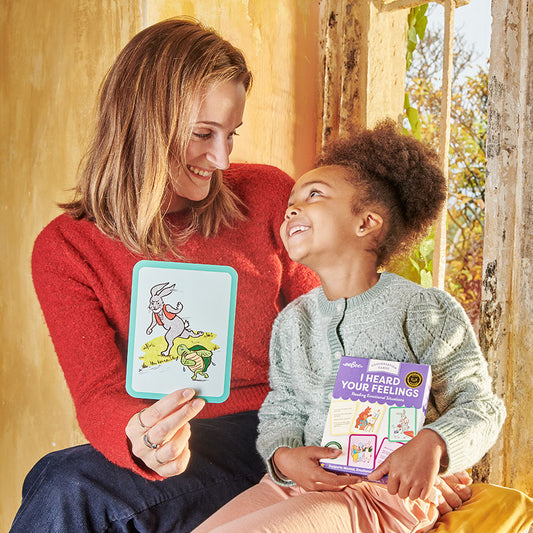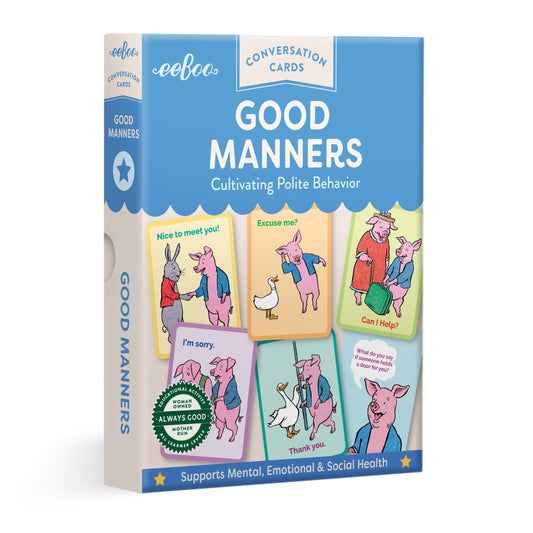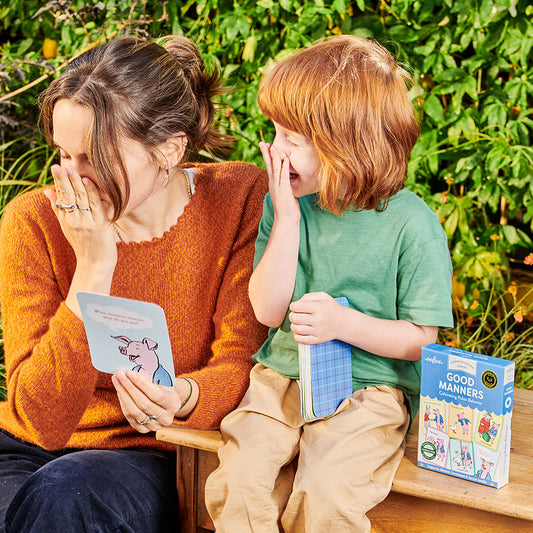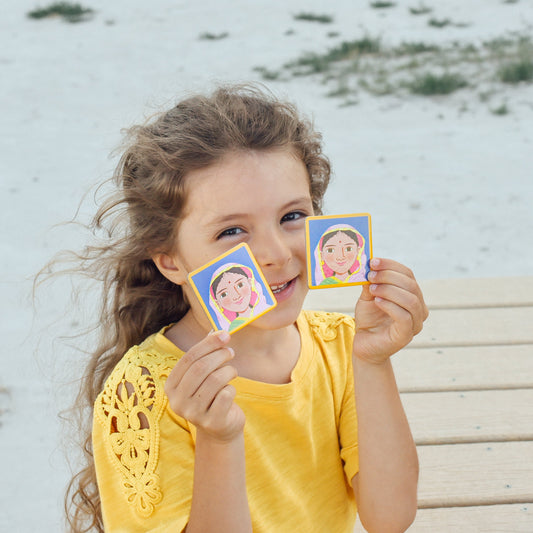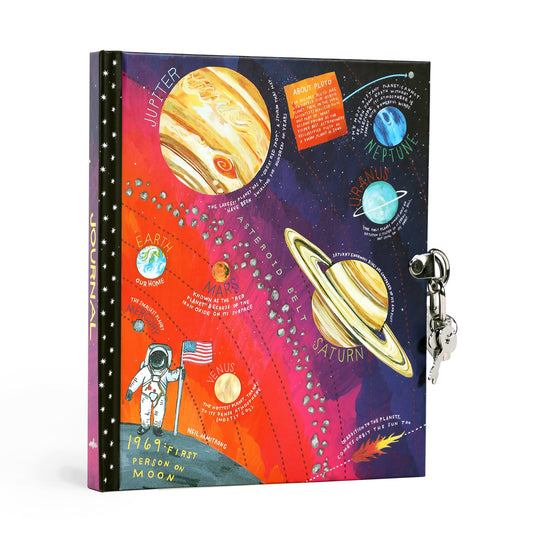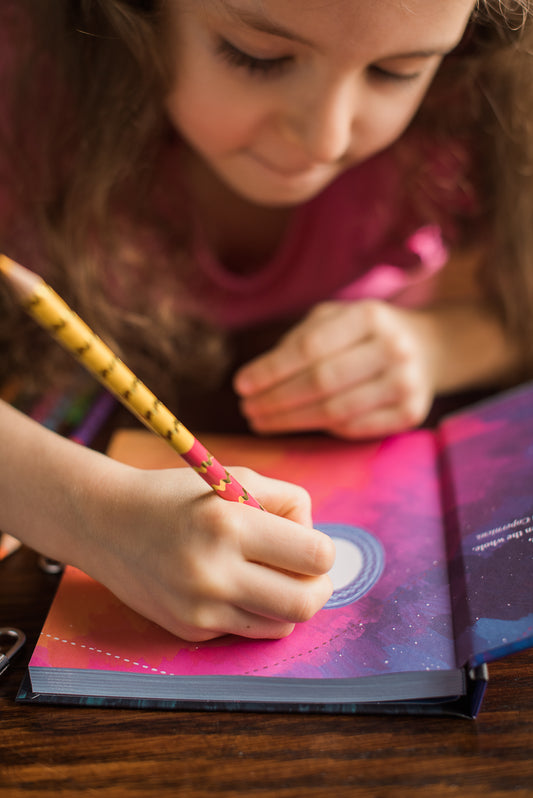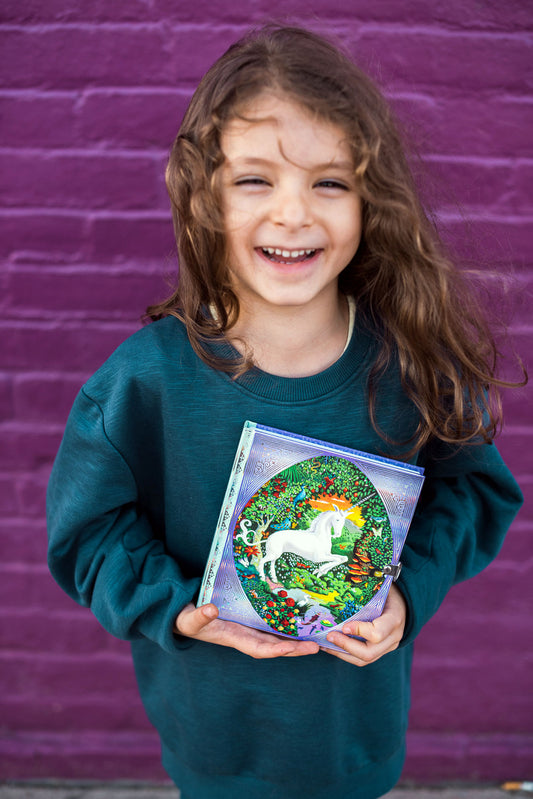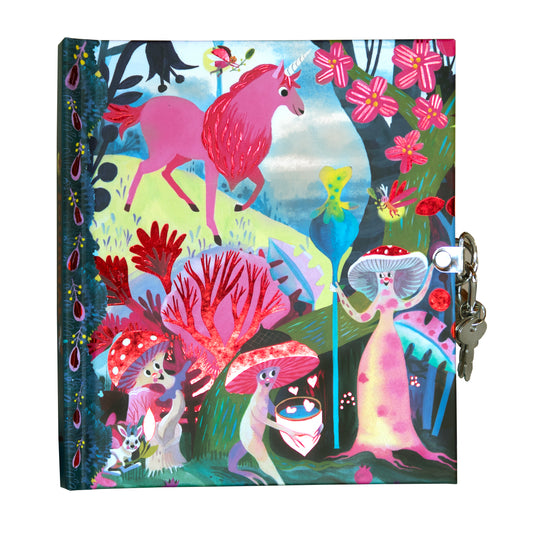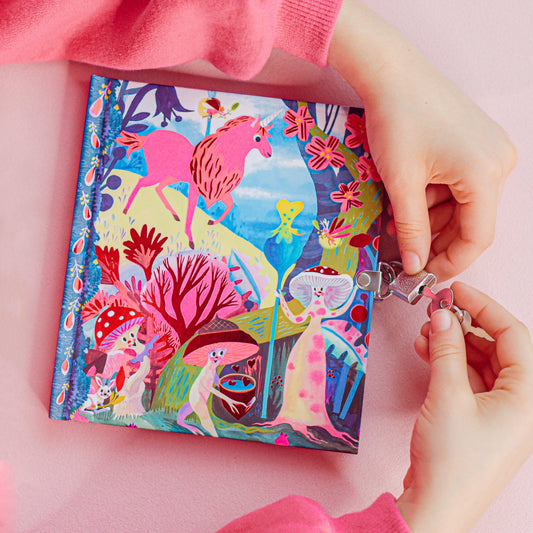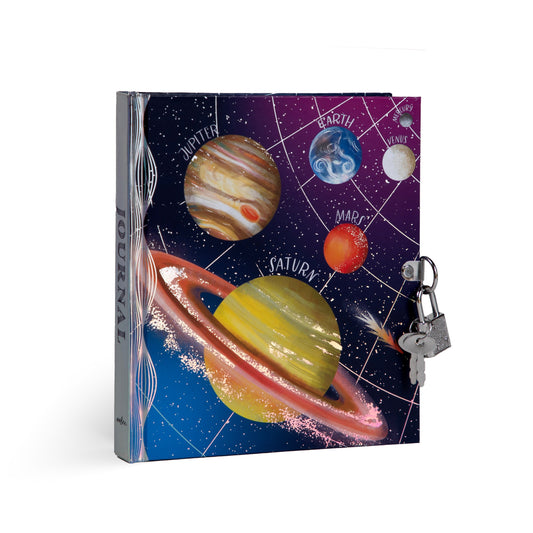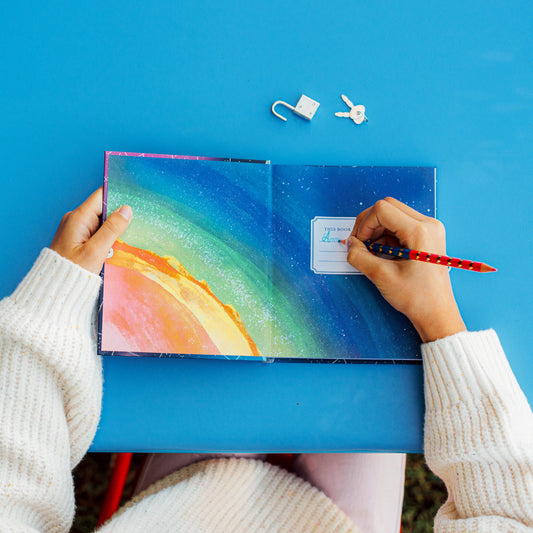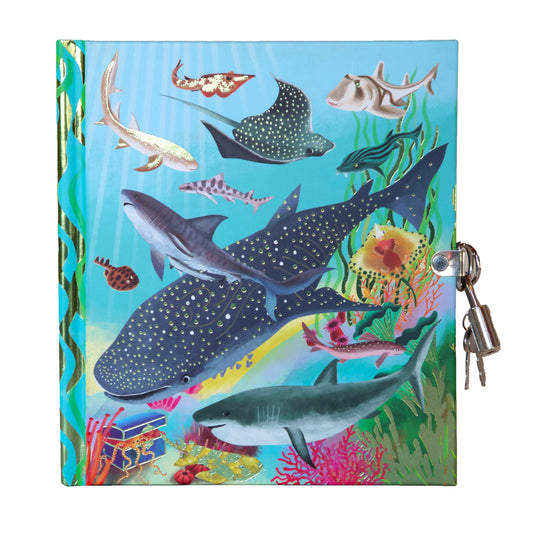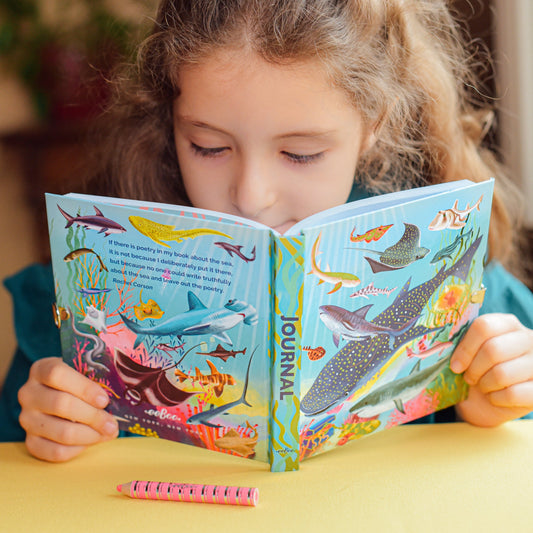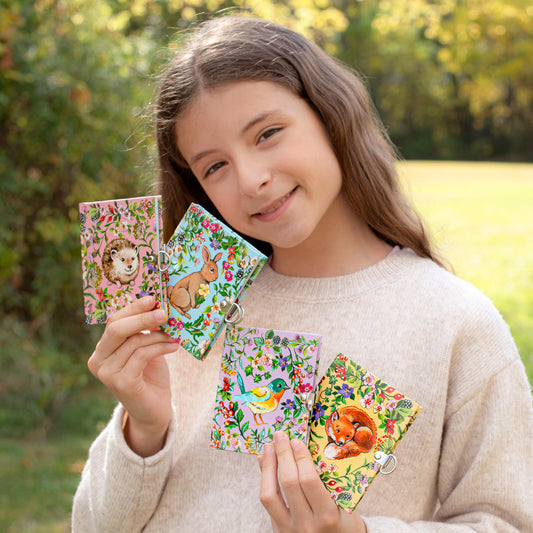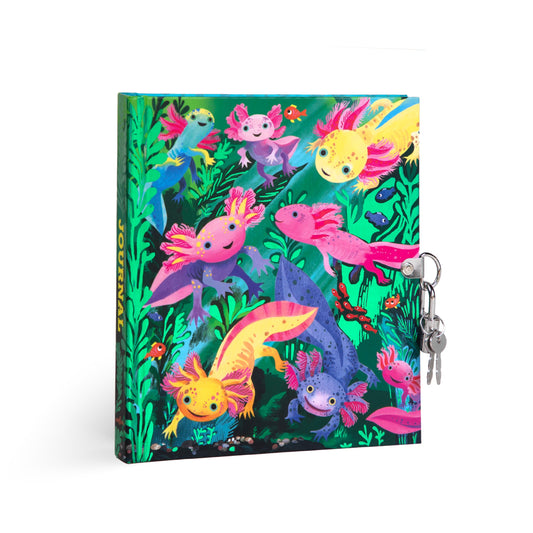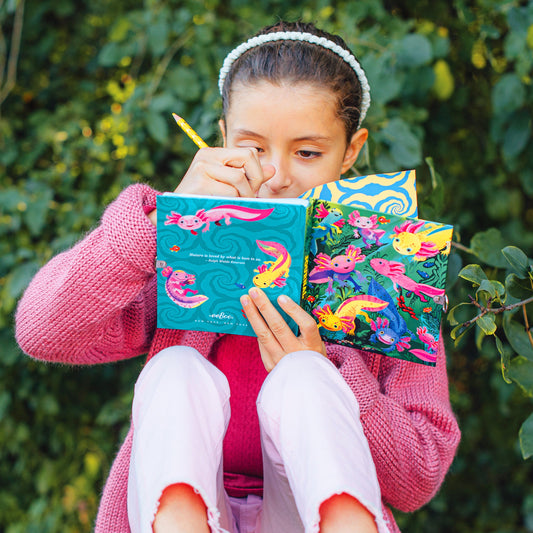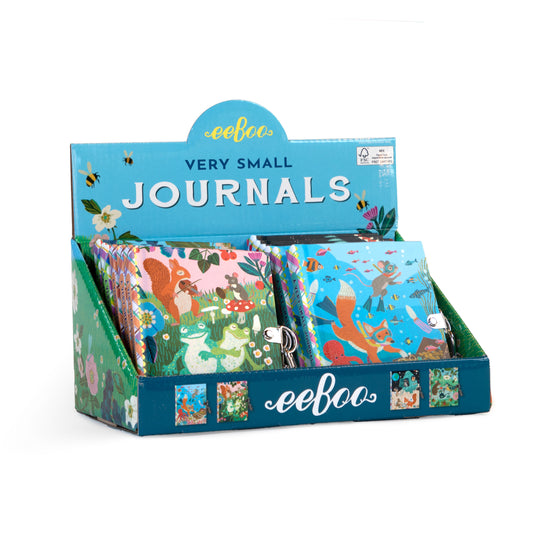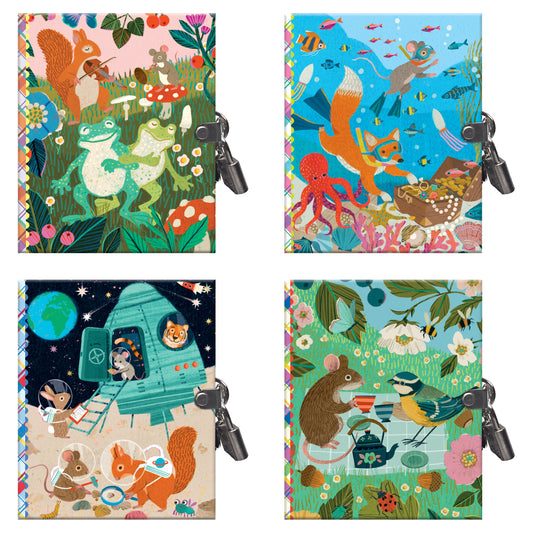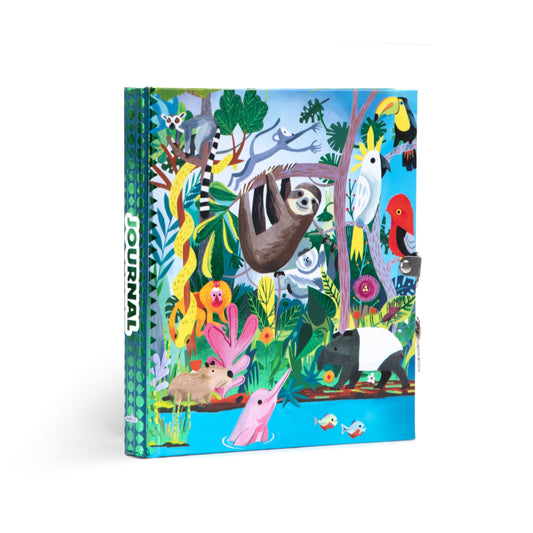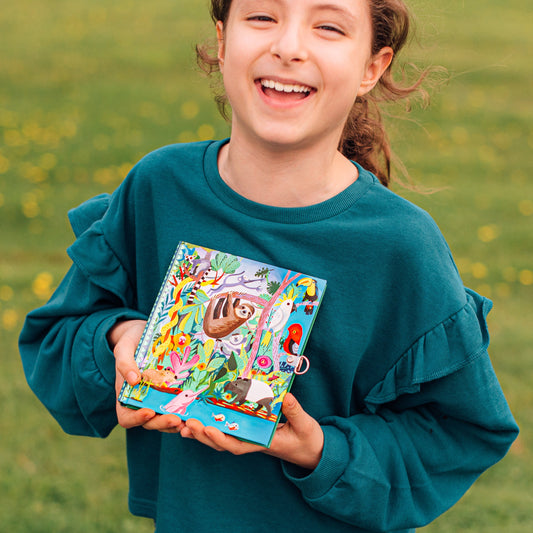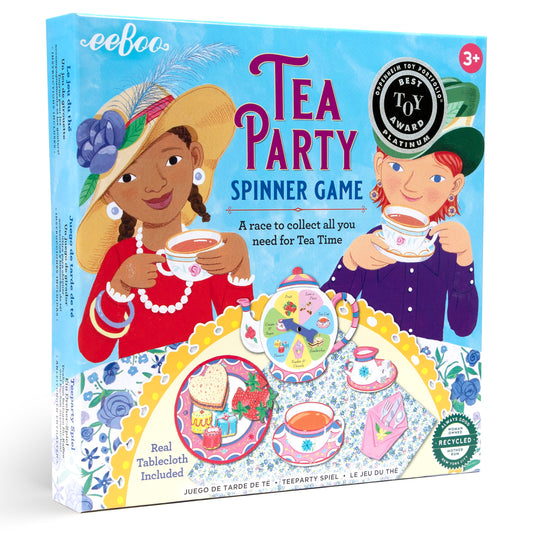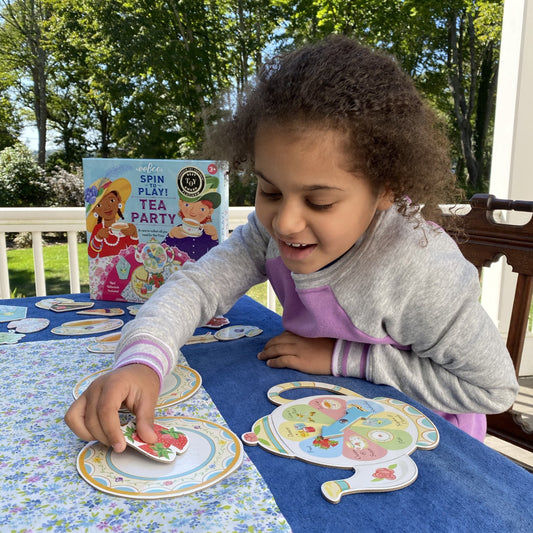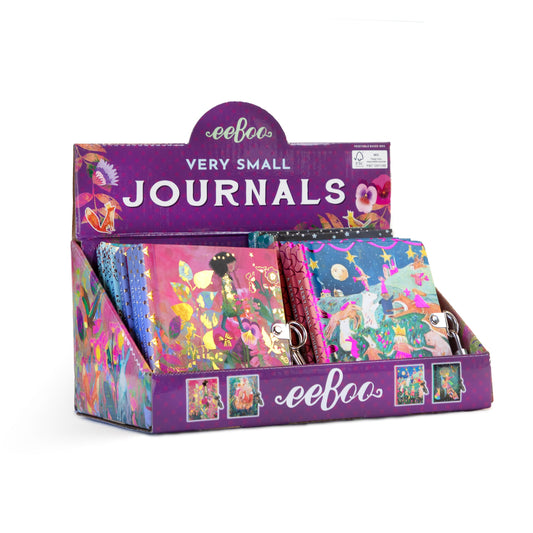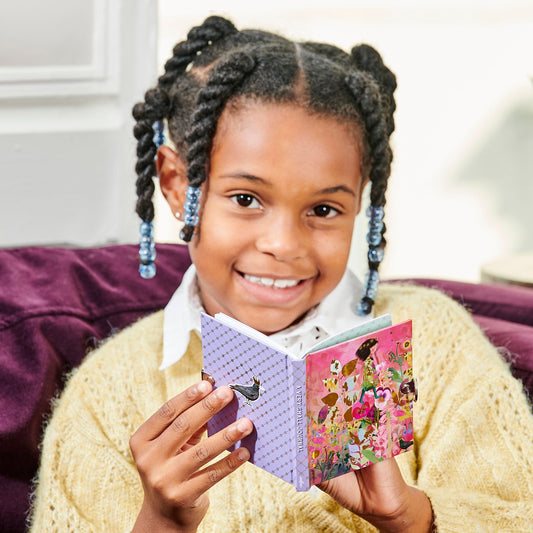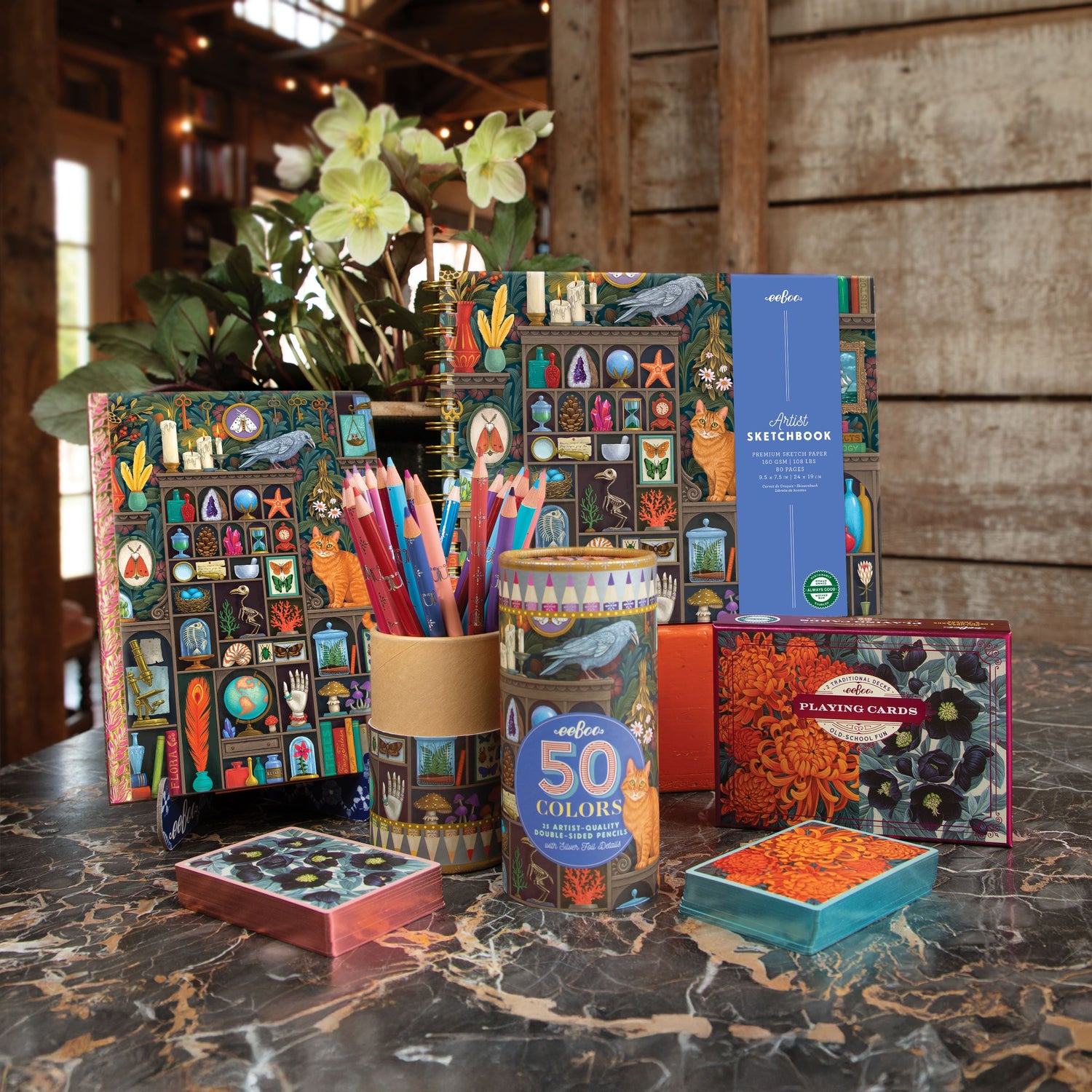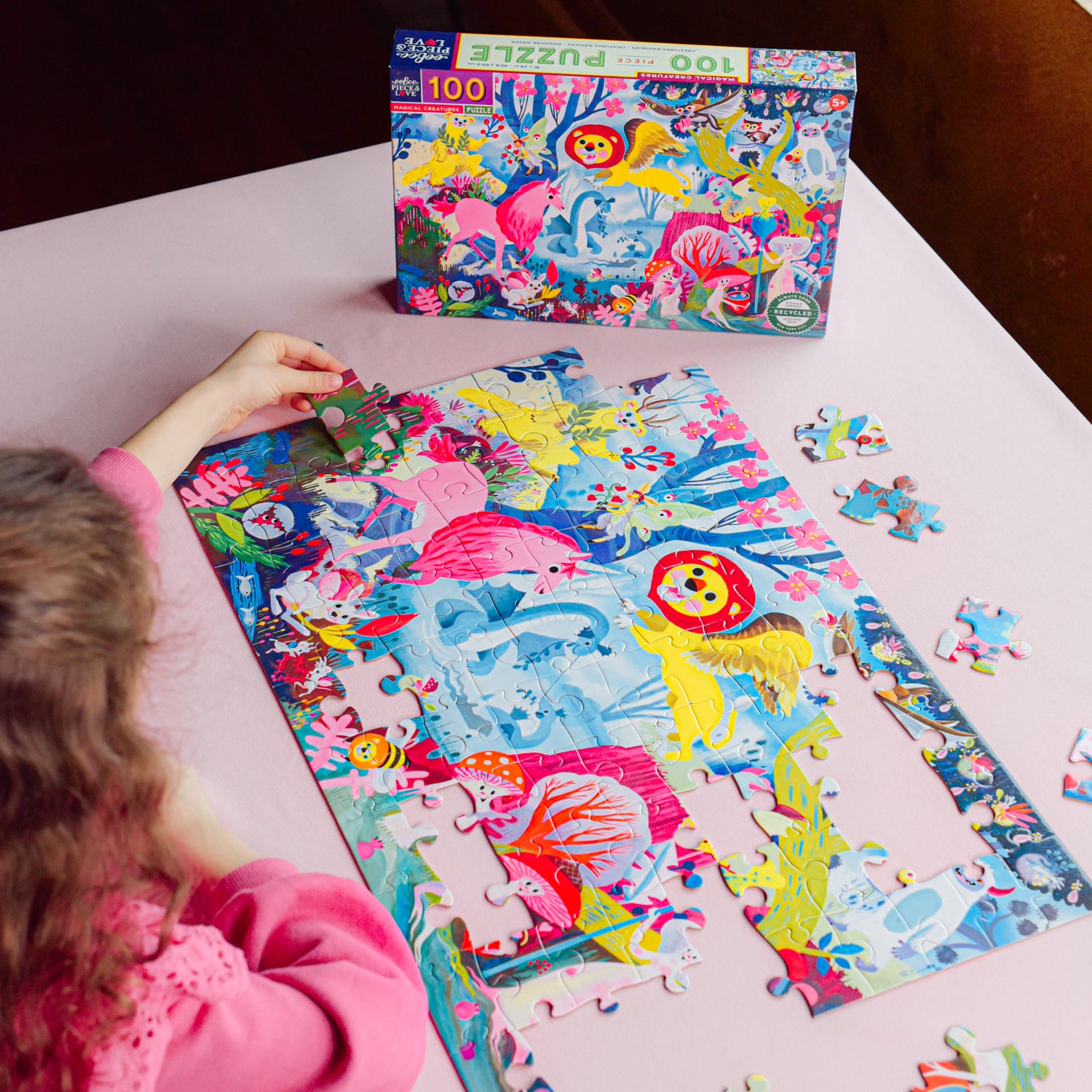Non-directed self-expression is the process of freely expressing thoughts, emotions, and creativity without a specific goal, structure, or external guidance. It allows for spontaneous and uninhibited communication of one's inner world, whether through writing, art, music, movement, or speech.
This type of expression is often used in therapeutic settings, creative exploration, and personal growth. It encourages authenticity and self-discovery, as there is no pressure to conform to rules, expectations, or predefined outcomes.
Benefits of Non-Directed Self-Expression for Children
- Emotional Regulation & Awareness – Helps children recognize and process their emotions rather than suppressing them.
- Creativity & Imagination – Encourages originality and out-of-the-box thinking.
- Confidence & Self-Identity – Builds a sense of self-worth and autonomy.
- Stress Reduction – Provides an outlet for emotions and reduces anxiety.
- Communication Skills – Enhances the ability to express feelings, thoughts, and ideas effectively.
Ways to Encourage Non-Directed Self-Expression
- Art & Drawing: Provide blank paper, colors, and other materials without giving specific instructions. Let them create freely.
- Free Writing & Journaling: Encourage storytelling, poetry, or simply jotting down thoughts without correction.
- Music & Dance: Allow them to experiment with sounds, instruments, or movement without structured choreography.
- Role-Playing & Imaginative Play: Let them engage in pretend play, make up characters, and create their own narratives.
- Open-Ended Conversation: Listen actively without judgment, allowing them to share thoughts without fear of being corrected.
Non-directed self-expression can be a powerful tool for children's personal growth, helping them develop emotional intelligence, confidence, and creativity. By allowing children to express themselves freely, without judgment or strict guidelines, they can explore their thoughts and emotions in a safe and constructive way.


